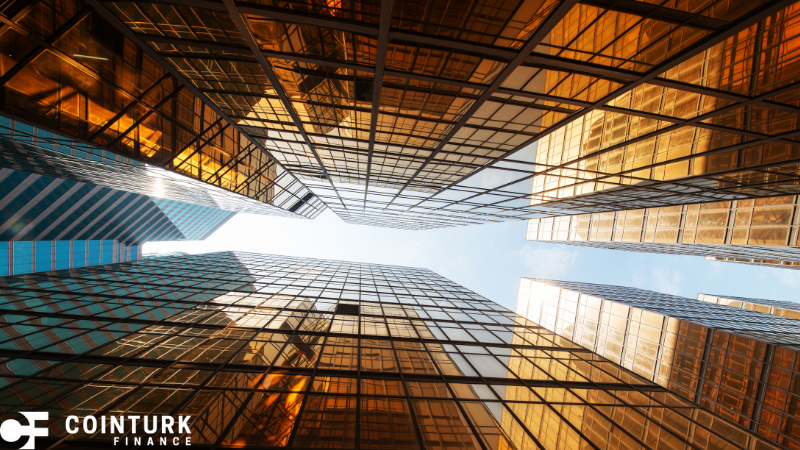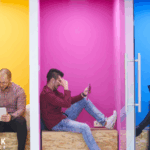Artificial Intelligence (AI) is rapidly transforming various industries, with its influence extending to both enhancing human creativity and potentially displacing certain jobs. OpenAI’s Chief Technology Officer, Mira Murati, emphasizes that AI tools like ChatGPT can revolutionize creative processes by making them accessible to a broader audience. This dual role of AI as both a creative enhancer and a job disruptor presents a complex landscape for professionals and industries alike.
Earlier reports have highlighted the growing integration of AI in creative industries. While these advancements promise increased efficiency and novel creative expressions, concerns about job displacement remain. In past instances, technological advancements have similarly led to job transformations, necessitating adaptation by the workforce. The current AI evolution mirrors these historical trends, suggesting a need for proactive measures to mitigate negative impacts.
In another context, AI’s potential to democratize creativity has been celebrated. However, the fear of creative job loss persists, reflecting a tension between innovation and employment stability. The music industry’s recent open letter from artists such as Billie Eilish and Nicki Minaj underscores the urgency for protective measures against AI misuse, highlighting the broader debate on AI’s role in creative fields.
AI Expanding Creative Horizons
Mira Murati of OpenAI argues that AI can serve as a powerful tool for collaboration, unlocking new levels of innovation. By lowering the barriers to entry, AI allows individuals to explore their creative potential more freely. This shift could lead to a more inclusive creative landscape, enabling diverse expressions and ideas to flourish.
OpenAI’s tools, particularly generative AI like ChatGPT, function by learning from existing data patterns and producing new outputs based on user prompts. This process differs fundamentally from human creativity, which is often driven by personal experiences and emotions. However, the synergy between AI and human creativity could lead to unprecedented developments in various fields.
Potential Threat to Creative Jobs
Despite the optimistic view of AI enhancing creativity, its rise brings significant concerns about job security. Mira Murati acknowledges that some creative jobs might vanish if AI-generated content surpasses human-produced work in quality. This perspective raises critical questions about the future landscape of creative professions and the standards that define them.
Reports indicate that generative AI could profoundly impact multiple job categories, especially those involving repetitive tasks or standard creative outputs. The McKinsey Global Institute predicts that by 2030, millions of workers might need to transition to new roles due to AI advancements. This prediction underscores the importance of adaptive strategies and continuous learning in the workforce.
Inferences
– AI has the potential to democratize creativity, making it accessible to more individuals.
– Job displacement in creative fields remains a significant concern with the rise of AI.
– Proactive measures are needed to balance innovation with employment stability.
OpenAI is taking steps to address these concerns by providing users control over how their data is utilized in AI products. Additionally, the company is exploring compensation models for individuals contributing data, aiming to ensure ethical and fair use of personal information. These efforts reflect a broader industry trend towards responsible AI development.
The landscape of creative industries is poised for significant change as AI continues to evolve. While AI offers tools that can expand creative horizons, it simultaneously threatens certain job categories. The challenge lies in harnessing AI’s potential while safeguarding against its disruptive effects. Future strategies must focus on fostering innovation, protecting creative professionals, and ensuring ethical AI practices. Balancing these elements will be crucial in navigating the complex interplay between AI, creativity, and job security.










